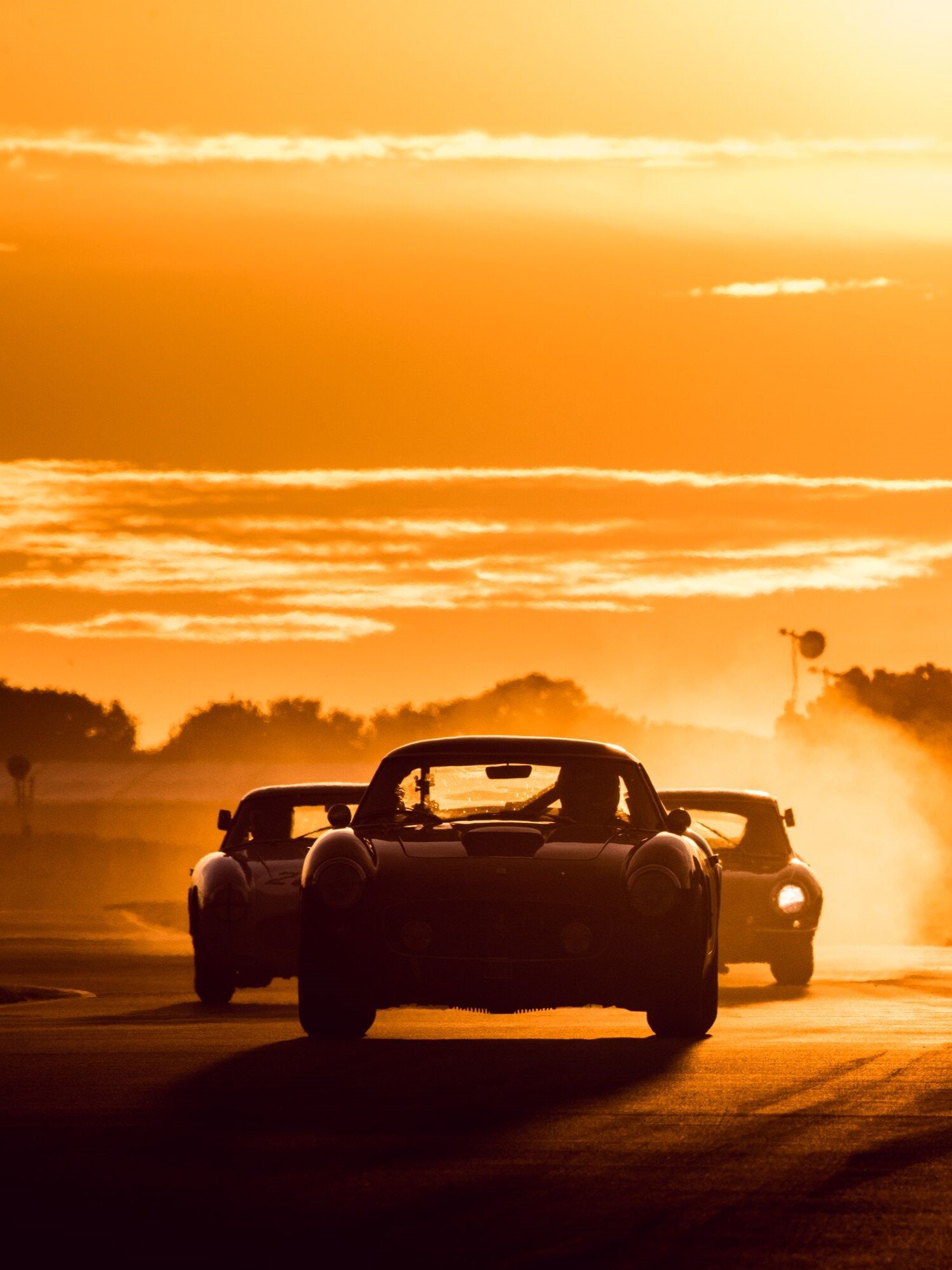The 2003 XJR is one of the best Jaguars ever | Thank Frankel it’s Friday
 Andrew Frankel
Andrew Frankel
As a friend of mine ponders whether to buy one or not, I find my mind drawn to one of the most extraordinary Jaguars ever made. And no, it’s not an E-type, or an XK120, nor even a Mk2. It’s an X350 XJR. And now I can almost hear you trying to place it. Fret not, it’s a process even I have to go through, and I’m meant to do this for a living.

But bear with me. The first XJR was introduced in 1994 as a variant of the X300 XJ series. It was the first supercharged Jaguar, but this is not that car. The second was the X308 which turned up in 1998, now sporting not just a supercharger, but also a V8 motor and, wonderful car though it is, that’s not the one I’m talking about either. It’s the one after that, introduced in 2003 with the aforementioned X350 designation.
What was so extraordinary about the X350 was that it looked so, well, ordinary. A slightly more upright version of the previous generation of XJ, with a bit more space and quite a lot less grace. Not much to get excited about here. Or so it seemed. In fact the car was a revolution. Because beneath those golf club car park looks lurked what I believe to be the first entirely aluminium monocoque designed for a mass production road car.

This meant that despite the fact the X350 was a physically much larger car in every significant dimension than the X308 (almost 100mm longer and an amazing 148mm higher) the XJR version weighed just 1,665kg, a stunning 172kg less than its comparatively diminutive predecessor. To give it a modern context, less than 20 years ago here was a full sized Jaguar limousine with a 4.2-litre supercharged V8 engine that weighed less than does a 2.0-litre diesel version of Jaguar’s smallest saloon, the XE, today.
Astonishing, isn’t it? Particularly when you see its butter-wouldn’t-melt appearance. Why did it look so staid? I don’t have a definitive answer, nor even one other than industry rumour, but it is nonetheless true that work on its styling was begun by Jaguar’s then chief designer, the wonderful Geoff Lawson, who sadly and suddenly died in 1999 at the tragically young age of 54. Understandably, no-one wanted then to mess with what was effectively the final design of his career. So it stayed. Or at least that’s what I’ve been told.

I used to love smoking about in these XJRs because their performance was just so improbable. It might not blow the doors off a Porsche 911 of the era, but it was quick enough to give one a proper scare and to make its driver work far harder than expected to keep up. And not just in a straight line. The X350 wasn’t just a lot lighter than the X308, its structure was 50 per cent stiffer too, so its handling was even more unlikely than its performance. Contrary to every appearance, it was a great driver’s car.
The X350 was replaced in 2009, its looks severely limiting its lifespan. And its replacement, the X351, took a diametrically opposite approach with post-modern Ian Callum styling concealing the fact that beneath that terrific new skin lay a car that had changed remarkably little. And nor did it need to, because it was still technologically state of the art.

My friend who’s been offered one has really started me thinking about them, so much so that I recalled a buyer’s guide I wrote for one about 10 years ago. Even then it didn’t make for particularly pretty reading. Highlights – or low lights really – included expensive failure of the air suspension, torque converter failure on high mileage gearboxes, scabbing on the paintwork below the rear screen and at the bottom of the doors and incredibly expensive brake replacement parts because Jaguar wanted the best for the XJR so went to Brembo to get it. The good news, such as there is, is that the supercharged V8 had been well developed by then and, if properly maintained, gave very little trouble even over huge mileages.
Am I tempted? On paper, yes. In reality probably not so much. I don’t know what I’d do with it, I’d get bored of explaining to everyone why I had it and the potential for a really big bill would frighten me. But ultimately it’s one of very few cars for which I feel and I am still too young. Ask me again in 15 years when I’ll just be getting acquainted with being in my 70s, and you may get a different answer altogether.
Thank Frankel it's Friday
Jaguar
XJ































































